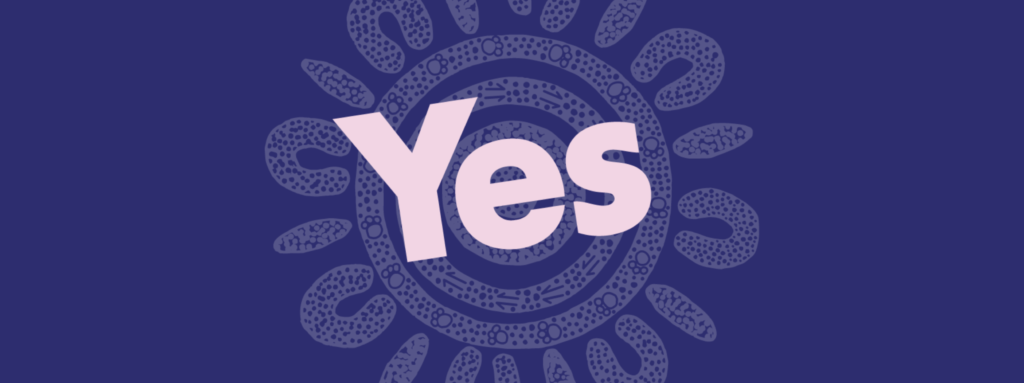
I’ve been working in the outback on and off from 1980 when I had a part-time job as a tour guide for a coach tour company doing 23-day trips from Melbourne to Alice, the Tanami Track, Kimberley and Darwin. Since then I’ve been lucky enough to get outback work as varied as trek guide, 4WD trip leader, film and TV work, setting up ultra-marathons and world record desert endurance attempts. And lots of Simpson Desert work following my 17-day unsupported solo trek in 2006.
Along the way me and my crews have met indigenous artists, community leaders, kids and lots of well-intentioned folks working alongside indigenous people often in chaotic and troubled circumstances.
I’ve read everything I can find about pre- and post-contact lives.
My limited exposure has taught me that despite the dire headlines, most Aboriginal people just want a decent shot at life. The kids are awesome, cheeky, culturally nimble. The elders are wise, funny and are good at standing up for what their community needs and what’s right.
One of my fondest memories was watching legendary artist Rene Kulitja and the old Mutijulu ladies in 2015. They had our trekking group laughing out loud as they joked and teased their young fellas as they put on a traditional dance: shared wit, a genuine curiosity and mutual respect, laughter filtering through the desert oaks. Priceless.
There’s awful stuff that happened to many Aboriginal people as a result of the dislocation from their traditional lives; the grog, drugs, stolen kids, murders, slavery, the aimlessness of having nothing to do. Getting paid “sit down money” can be a curse and while it provides food and the basics it hasn’t worked long-term.
So… The Voice.
The Uluru Statement from the Heart was the culmination in 2017 of a long process of engagement by Aboriginal people all over Australia, conducted and brought together by indigenous representatives.
The Voice to Parliament is the first step to come from the Uluru Statement. Naturally not every person of Aboriginal descent agrees with it – but the vast majority do and I respect the effort they’ve put in to seek input and I want to listen.
The ESS team isn’t starry eyed about the challenges facing the indigenous people we come across in our outback work and travels. We see the social problems, the disfunction, the lost kids, the adults whose troubles have got on top of them and who can’t function as parents.
We’ve worked alongside many wonderful indigenous people trying to do the best for their communities. We’ve met the elders who want to fix things, the great kids with a sparkle in their eye who have their lives in front of them but who are facing a futile future… unless things change.
We’ve also met and worked with Aboriginal folks who’ve had a different life-trajectory. From having ancestors who were fringe dwellers around outback Queensland towns to becoming the backbone of some of these towns as contractors, drovers and tourism workers. There are many stories of good, happy lives although all have stories of dislocation and worse in their family trees.
After listening to Aboriginal folks I reckon that giving them a chance to speak up in a way that’s listened to by government has got to be a good thing.
Offering Aboriginal people a chance to be heard by decision-makers isn’t going to take anything away from us more recent Australians – in fact it will build all of us up.
I’ve learned a lot from the opportunities I’ve had to hang out with the people who’ve lived on this land for 60,000+ years. They shaped the country that our ancestors stepped onto and colonised over the past few hundred years.
To my indigenous friends who have shared some of your stories and experiences – I hope The Voice gets the YES vote and recognition of your status as the First Australians.
I hope The Voice improves the input you can have into the decisions that affect the lives and challenges of you and your people.
Lucas Trihey, April 2023
THE ULURU STATEMENT FROM THE HEART
Please take the time to read this short and powerful document.
READING LIST
Some of the reading I’ve done on this topic. These books offer interesting glimpses into the indigenous experience.
- Under the Wintamarra Tree by Doris Pilkington
- The Original Australians by Josephine Flood
- Learning from the Land by Yami Lester
- Jacksons Track by Daryl Tonkin
- Pictures from my Memory by Lizzie Marrkilyi Ellis
- First Australians by Rachel Perkin s and Marcia Langton
- Wanamurraganya, the story of Jack McPhee by Sally Morgan
- Any of the books written by Jimmy Pike and Pat Lowe (Magabala Books)
- My Place by Sally Morgan
- Return to Uluru by Mark McKenna
- I am Uluru by Jen Cowley